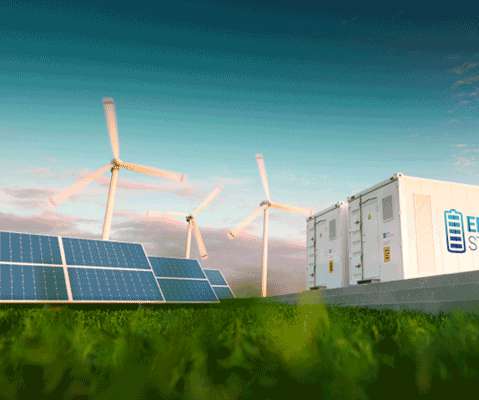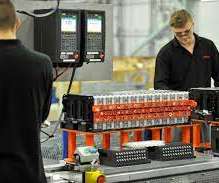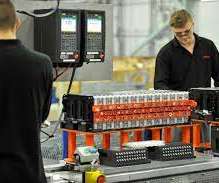PNNL study outlines requirements for grid storage, reviews four electrochemical energy storage systems: vanadium redox flow, Na-beta, Li-ion and lead-carbon
Green Car Congress
MARCH 15, 2011
published in the ACS journal Chemical Reviews , reviews in detail four stationary storage systems considered the most promising candidates for electrochemical energy storage: vanadium redox flow; sodium-beta alumina membrane; lithium-ion; and lead-carbon batteries. Sodium-beta alumina membrane battery. In their study, Yang et al.













Let's personalize your content